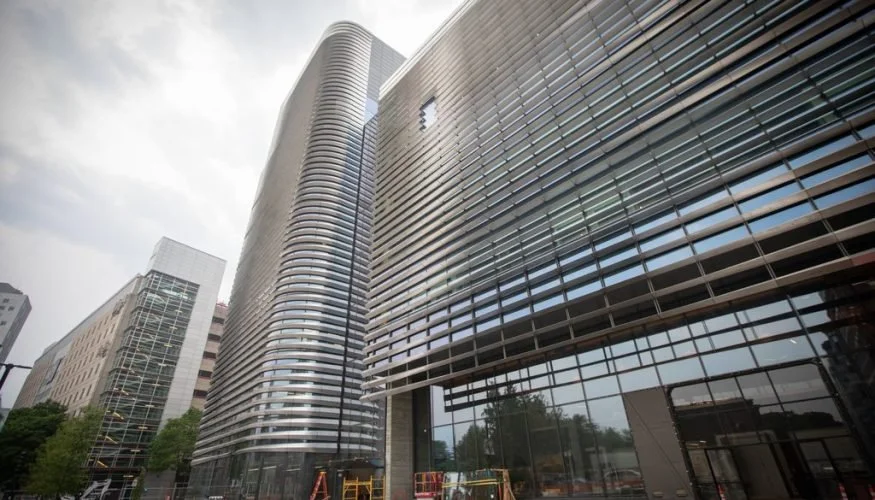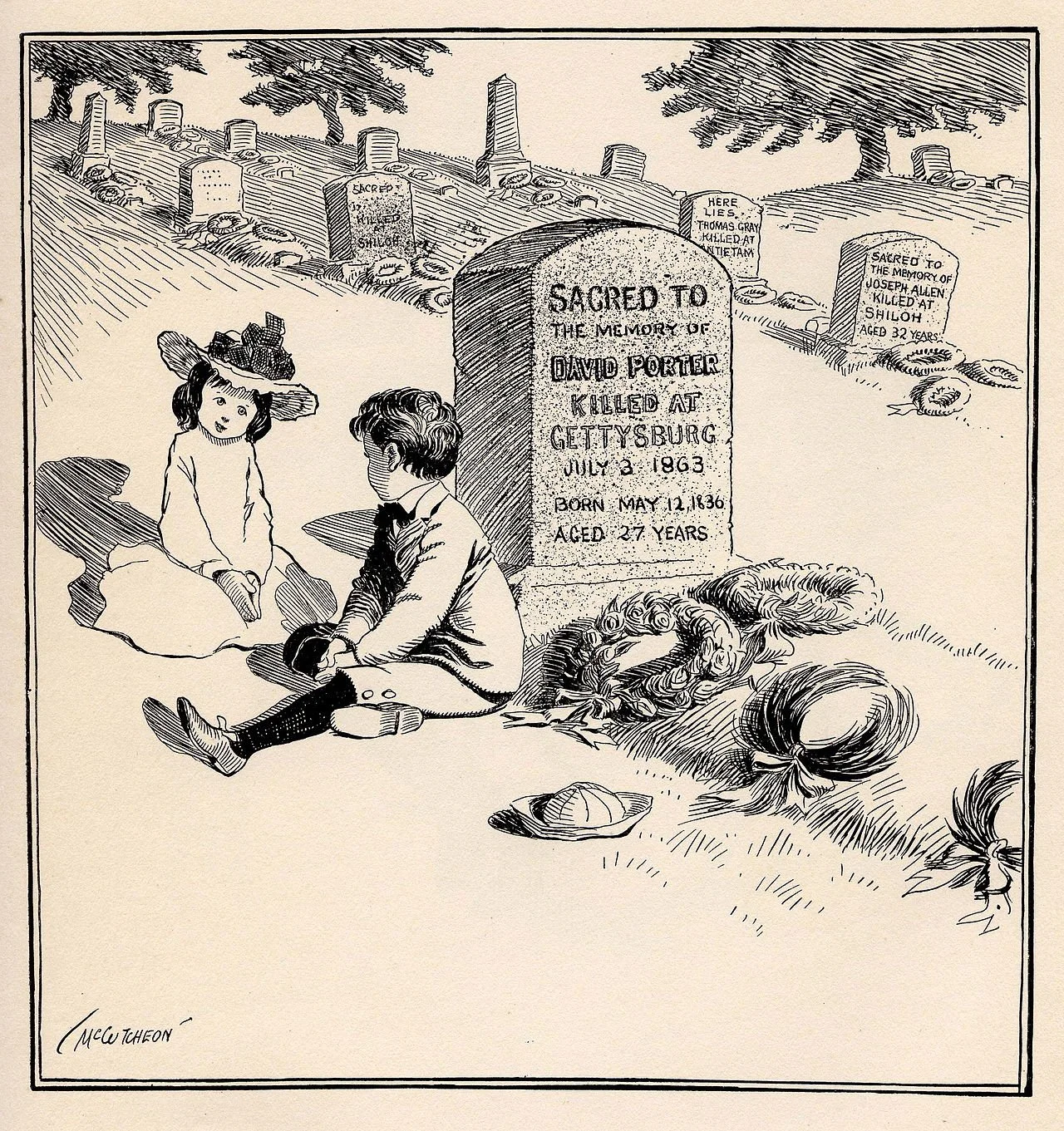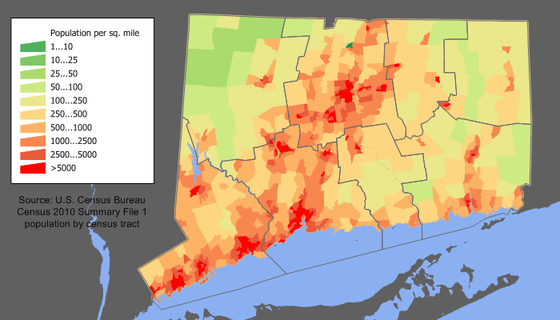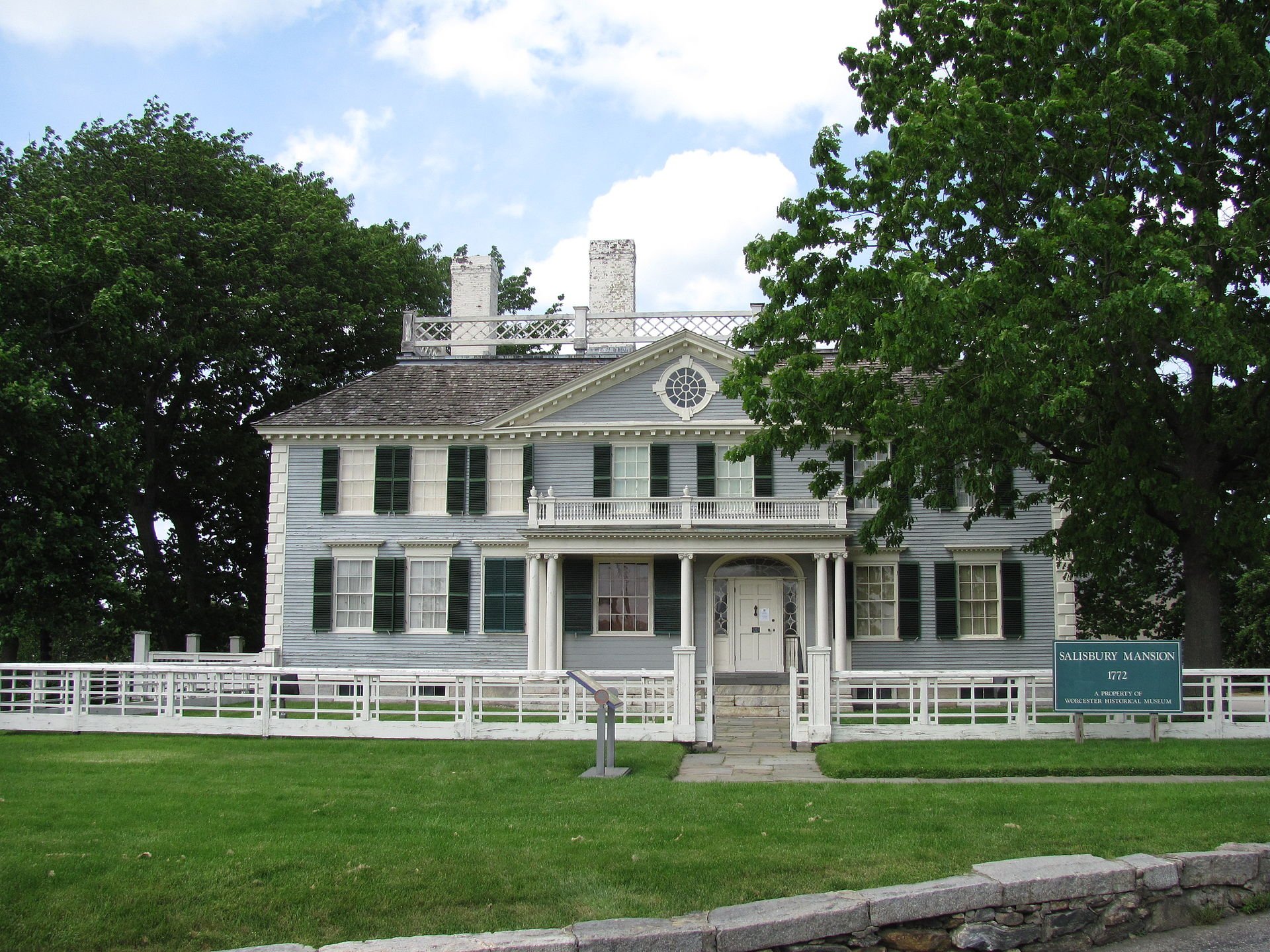The gallery says:
“An immigrant from Ghana, Opoku reflects on his diasporic experience with a twist of surrealist humor and occasional sarcasm. With a strong cultural belief that all broken objects have value and potential, Opoku’s symbolic portraiture and sculptural assemblages take shape from repurposed and transformed objects of various utility. While modernist influences like Duchamp and Brancusi are evident, Opoku examines his own cultural assimilation, while raising questions of how we value, commodify, and consume the things of everyday life, wherever it is lived.’’
“New Father” (oil on canvas), by Emmanuel Opoku, in his show “We Ourselves Are Shared,’’ at ArtsWorcester, Jan. 18-Feb. 25.



















